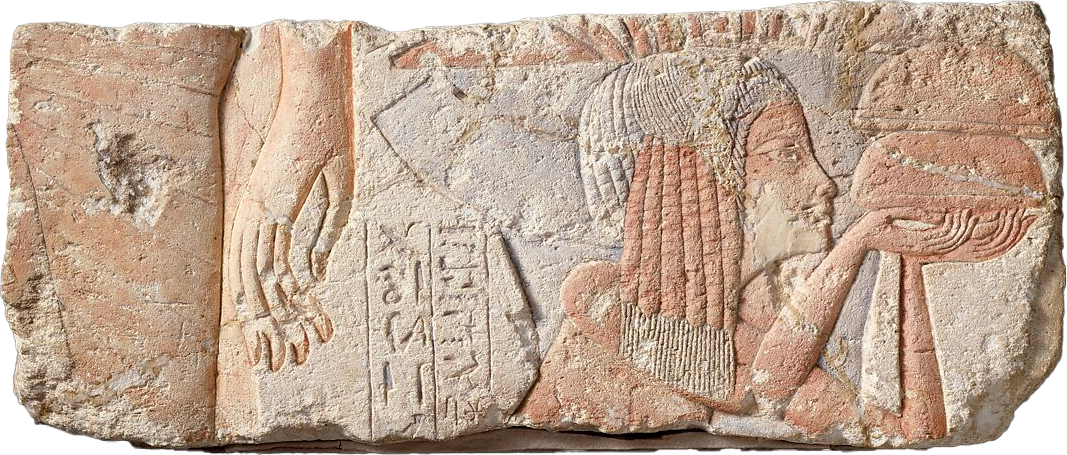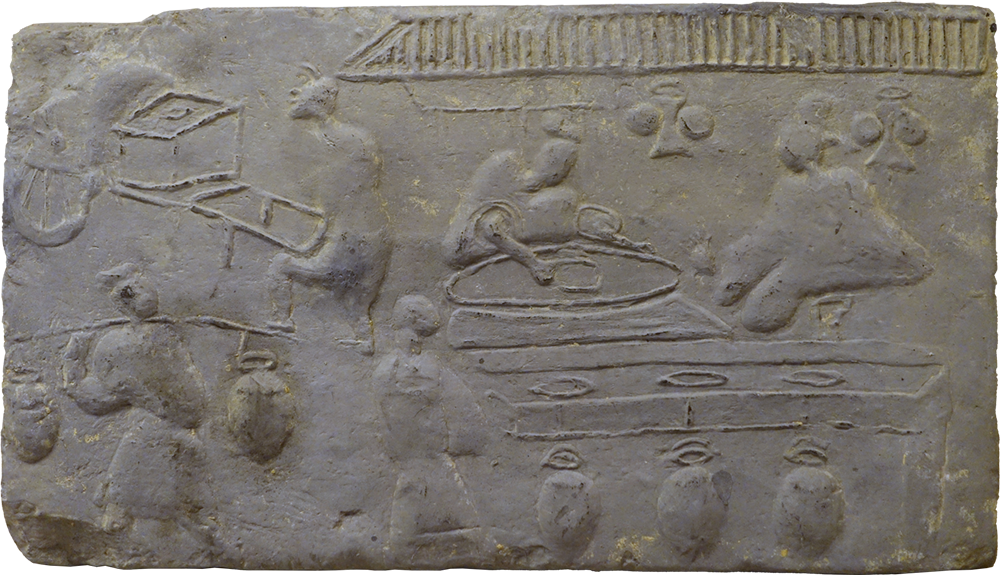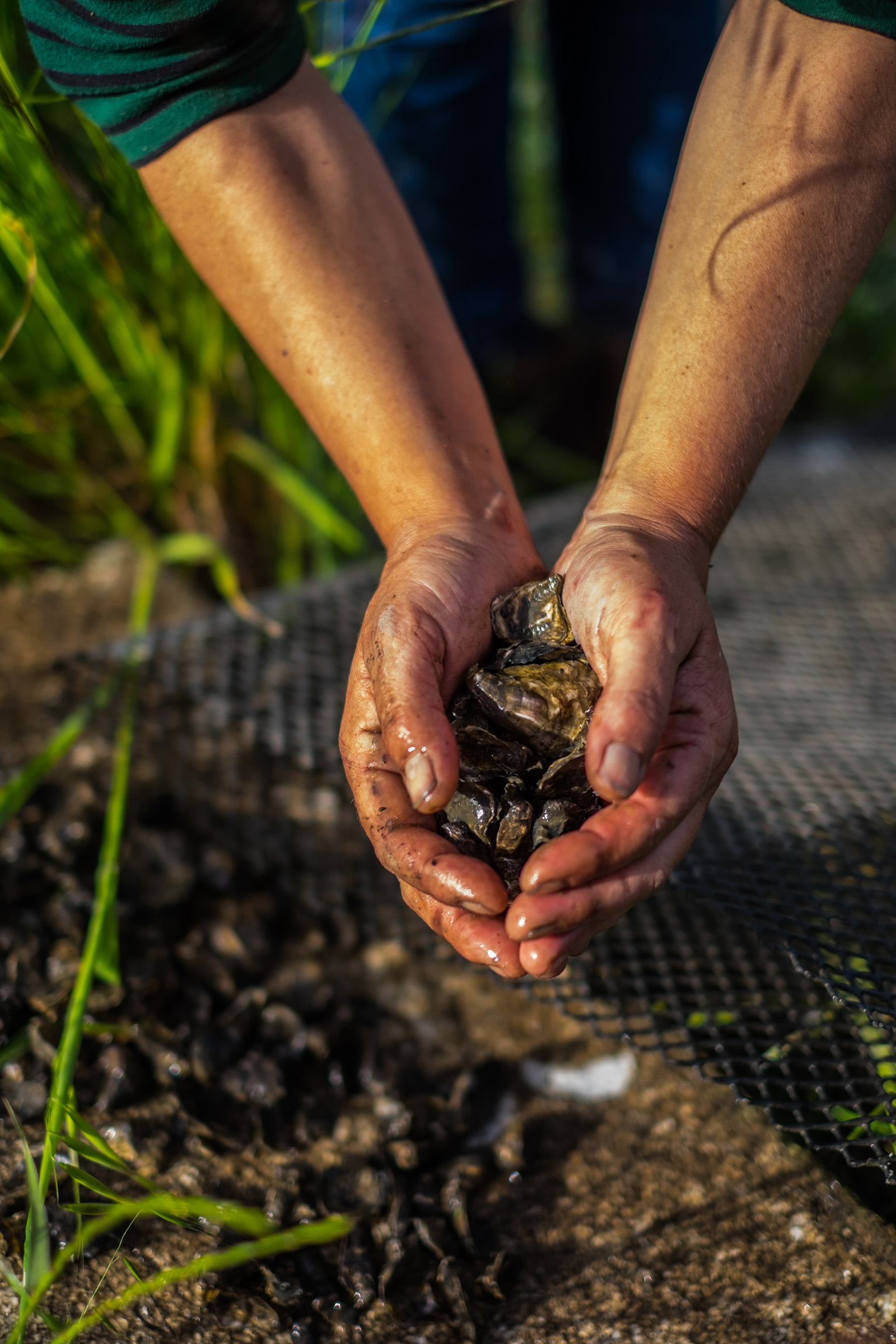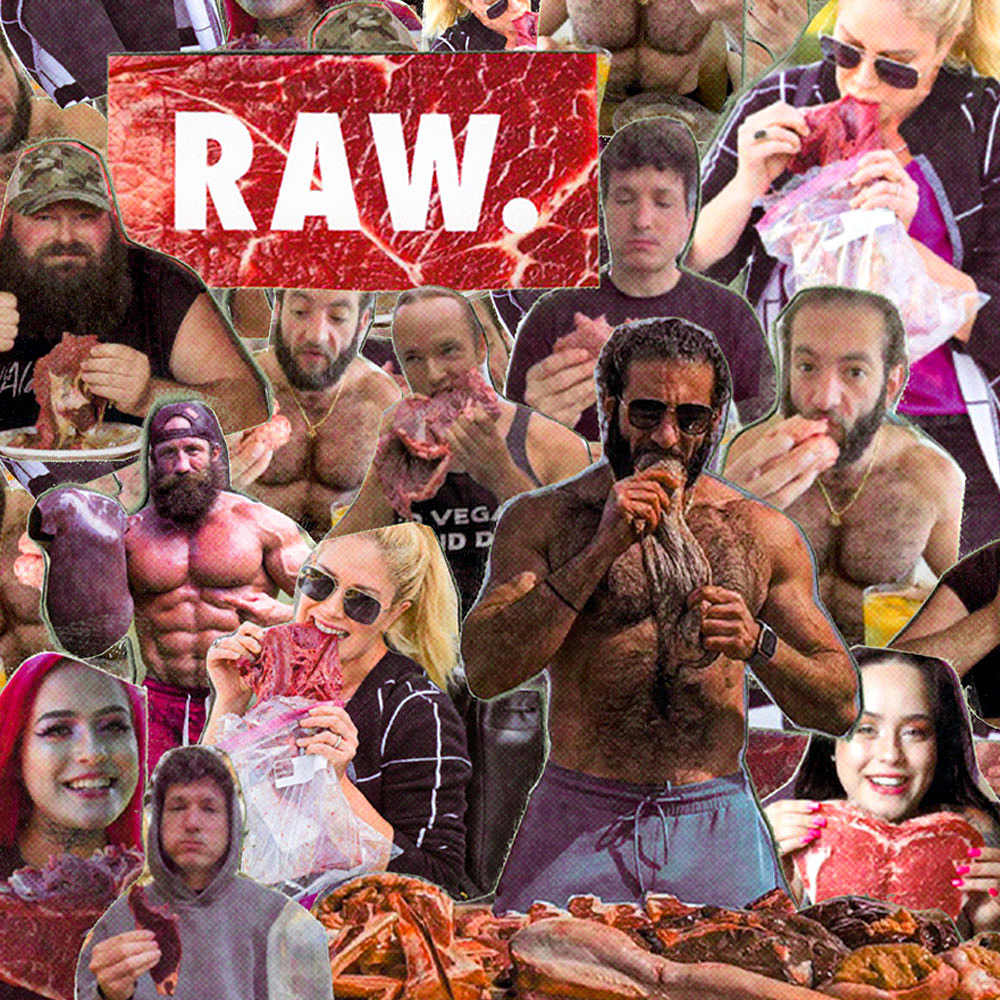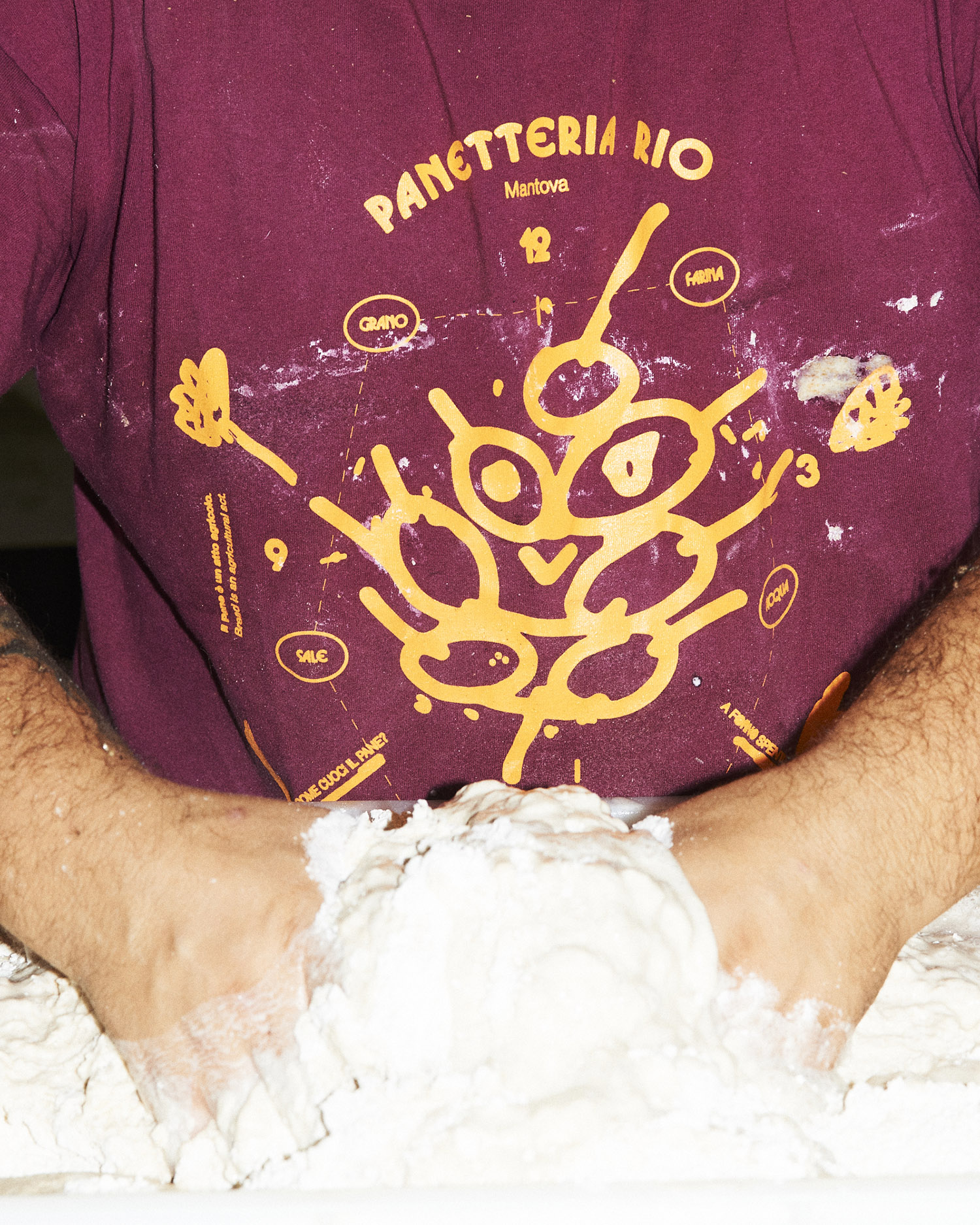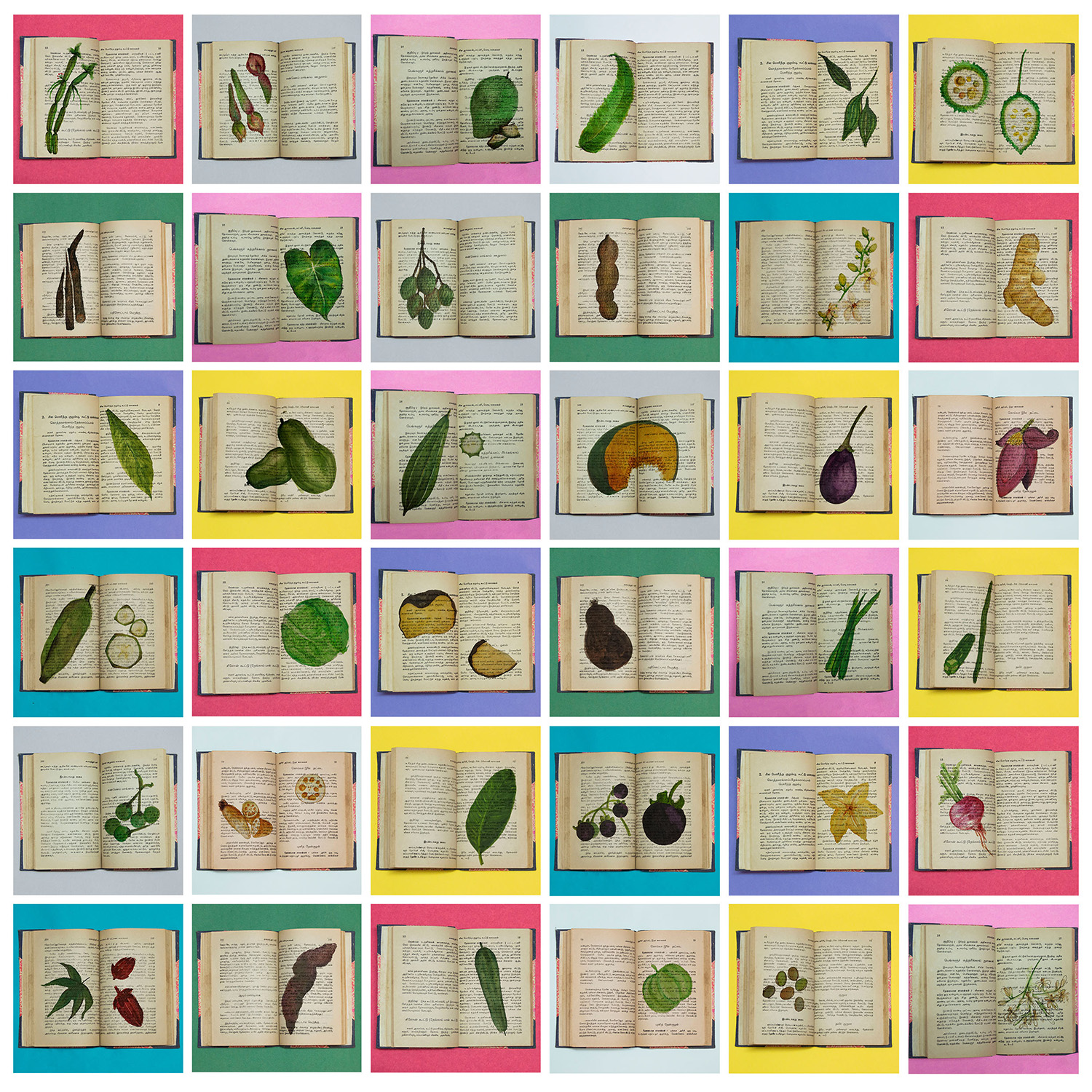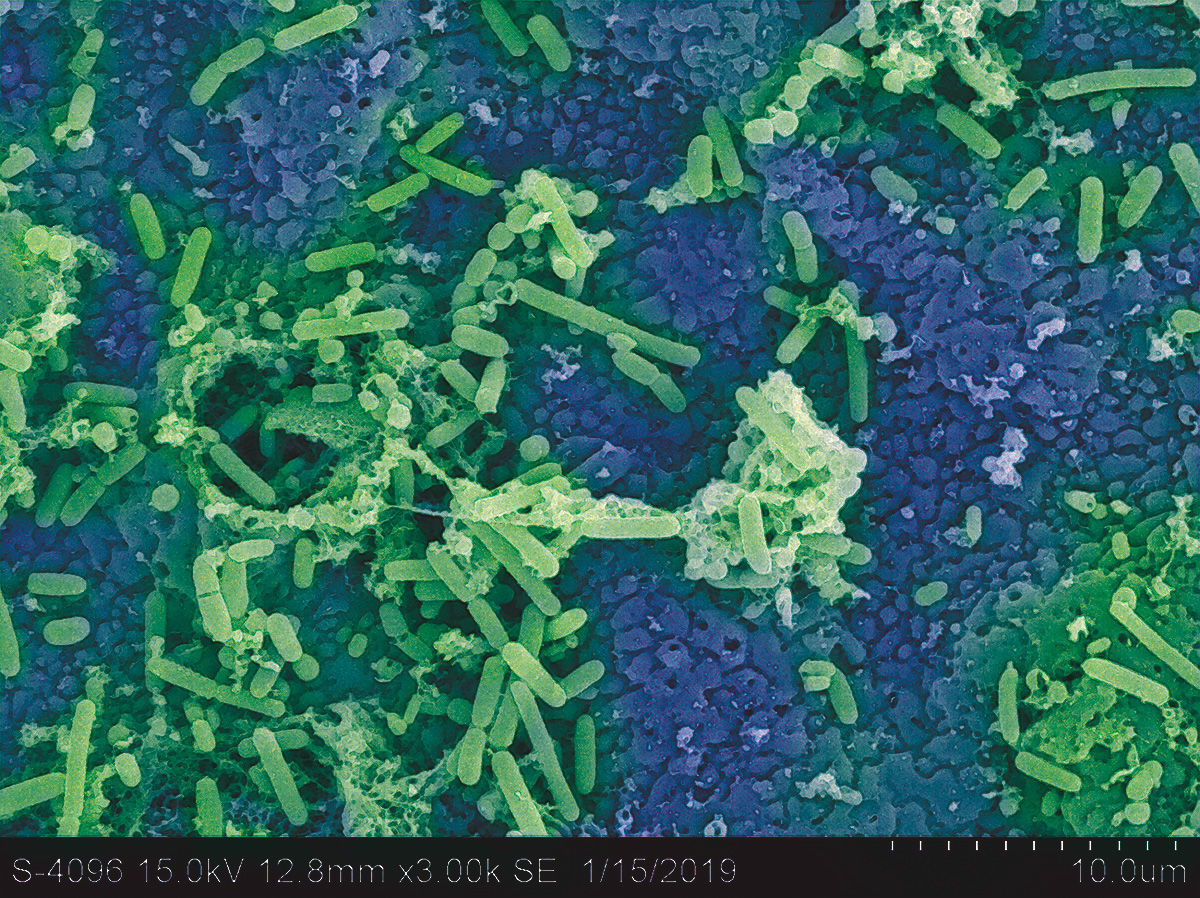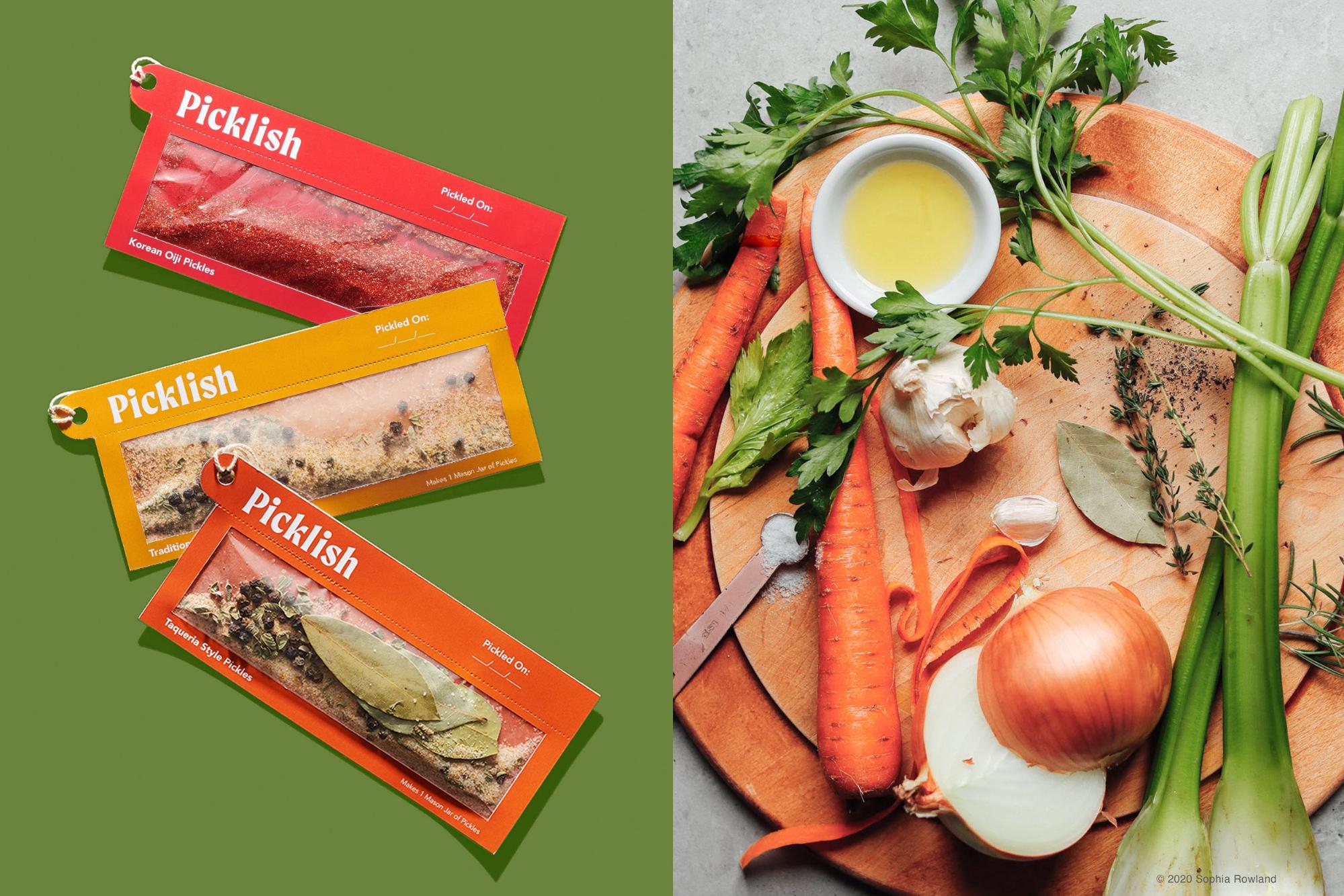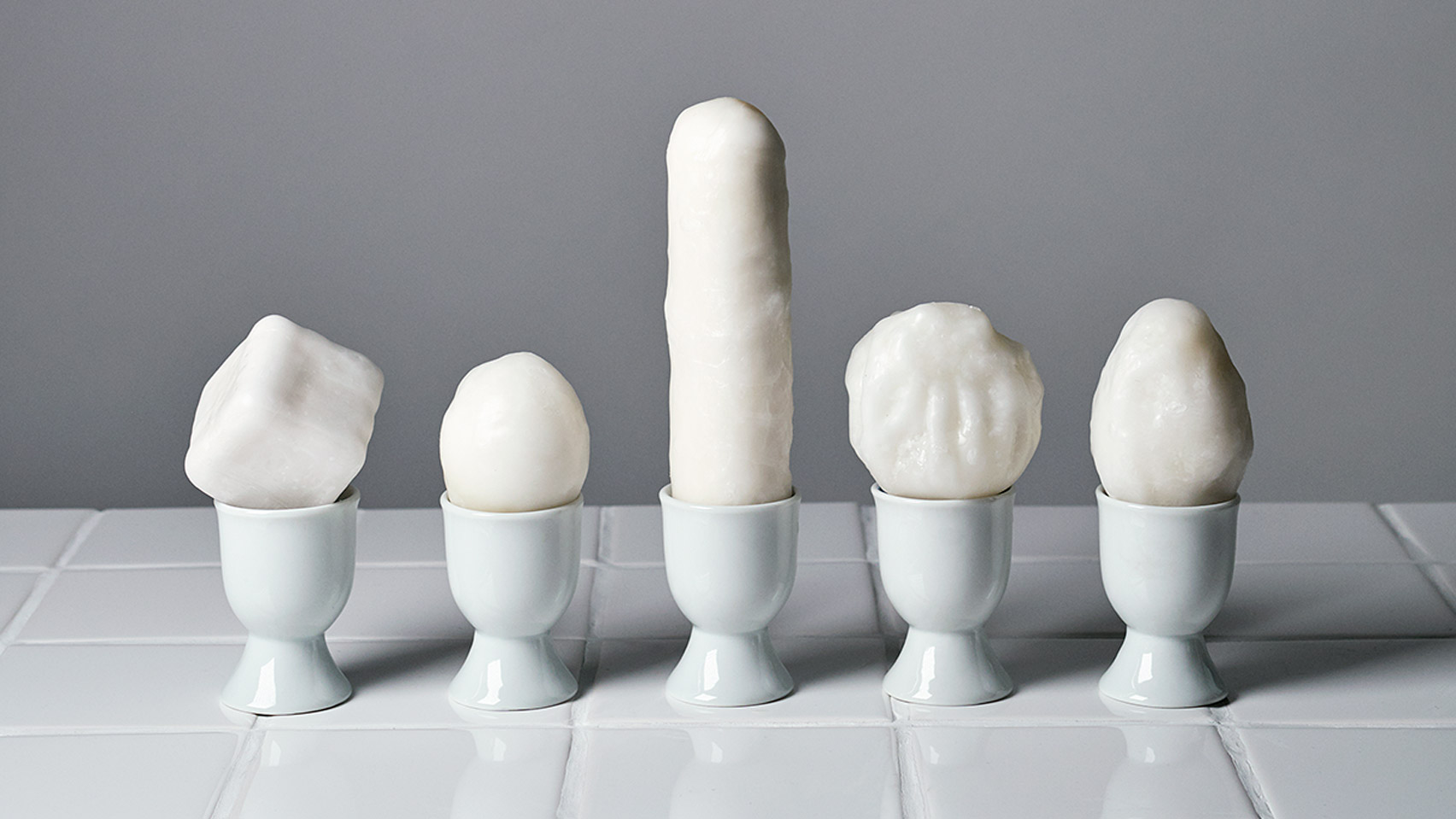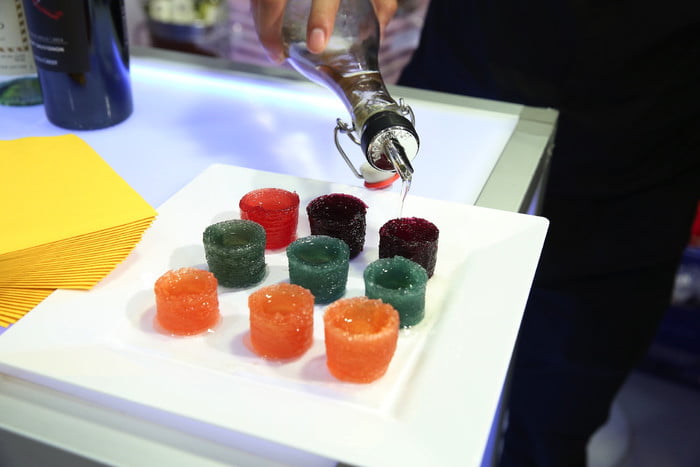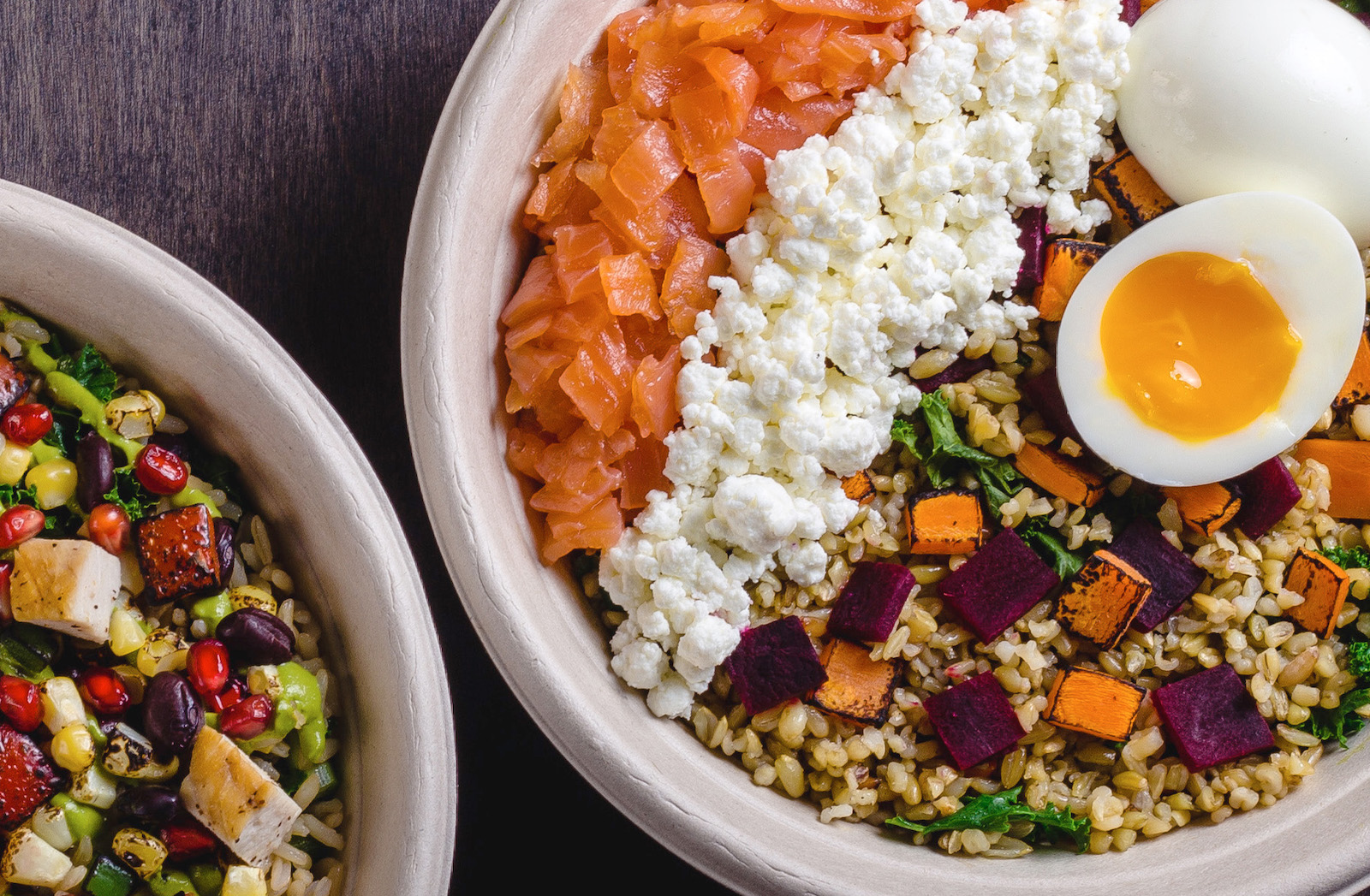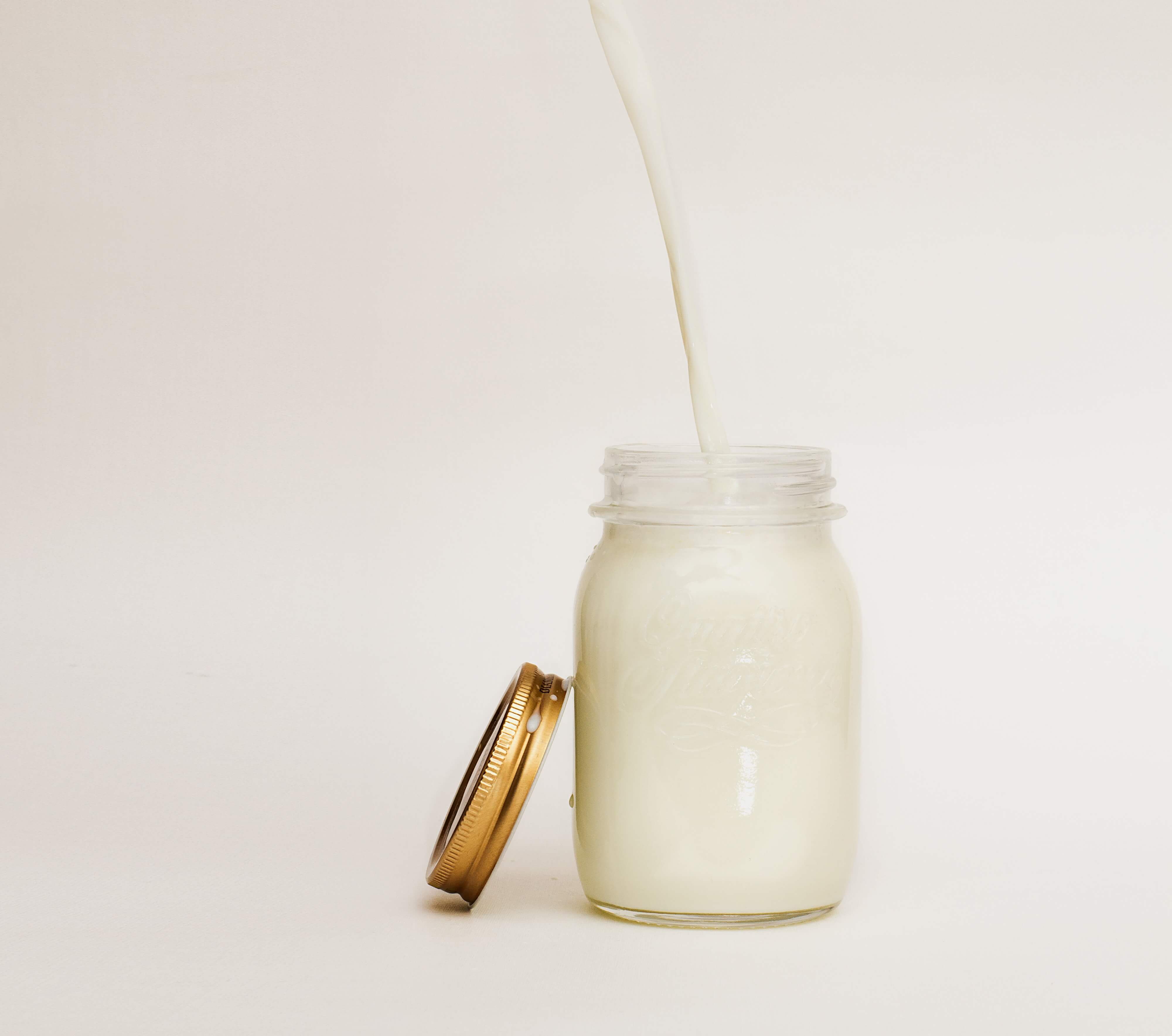With its short shelf life and low prices, bread has become one of the most wasted food products in the world. Estimates reveal that roughly one third of all bread made in the United States goes to waste, and in the UK alone around 1 million loaves are wasted every day. This mountain of waste was the driving force behind the foundation of Toast, a beer company taking advantage of discarded bread and transforming it into delicious brews. Founded by Tristram Stuart, a lifelong campaigner for food waste reduction and a UN appointed 12.3 SDG Champion, Toast is hoping to divert some of our global food waste away from the landfill.
Toast brewmaster Derek Orford sources most of the company’s bread from Bread Alone, an “organic family-owned bakery in New York servicing Whole Foods Market and selling directly at green markets.” In addition to Bread Alone’s commitment to organic, sustainable food production practices, the bakery is also located close to Toast’s brewery. Although other bakeries and grocery stores may want to donate leftover bread, driving long distances to transport bread doesn’t align with the environmental values that Toast emphasizes. Toast CEO Shannon Flannigan tells MOLD that, “There has been growing interest for Toast on the west coast but if we are true to our value system we can’t just pack it up on a truck, we would need to find a local brewing partner.”
Toast uses recycled baked goods to produce beer by replacing a portion of the barley in the beer’s grain bill (all the ingredients put into a beer recipe before the addition of any hops) with bread. This replacement saves energy in the chain of agricultural production, as Flannigan notes that “it takes approximately 171 gallons of water to produce a pound of barley.” Substituting some of this barley with bread that has already been produced consequently saves energy, decreasing the environmental impact of the resources used to brew the beer.
Although Toast now offers three different beers, the company began with the pale ale as its flagship variant in the US. Sold alongside the brewery’s west-coast style IPA and a dry hopped lager, these three beers are opening up a space in the craft beer industry that isn’t just concerned with flavor, but also sustainability.


